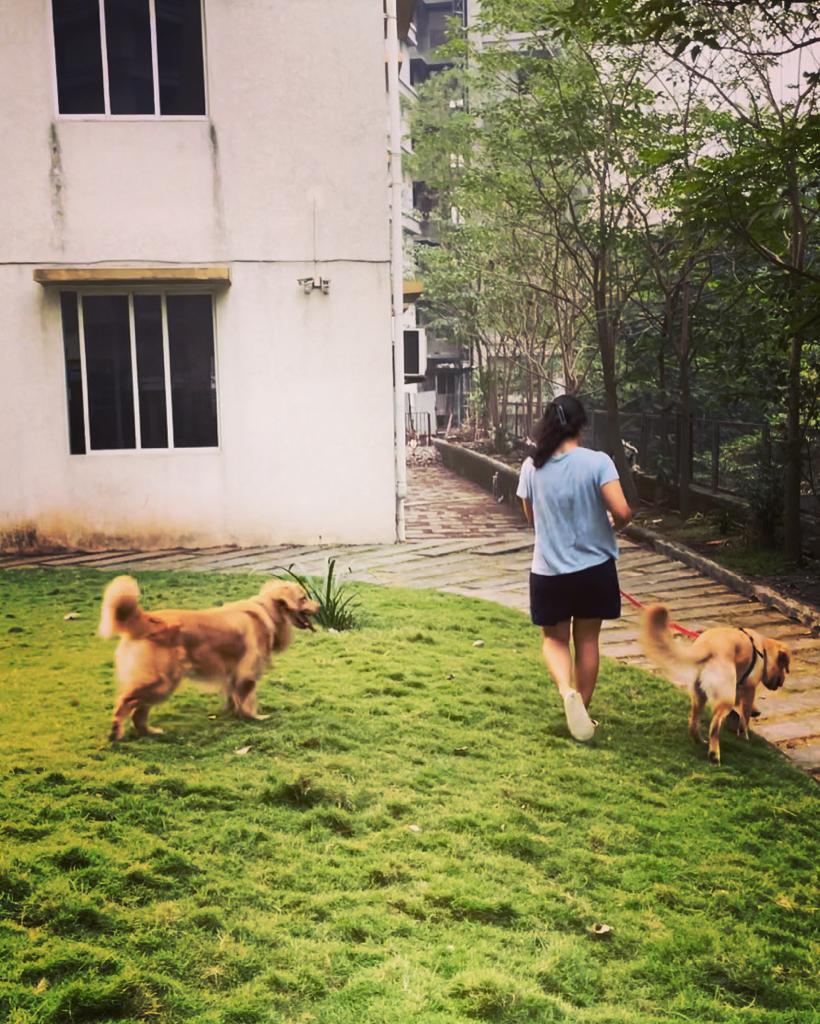21
Jan 2024
When Paws Need Pause: Understanding Dogs Who Require Space

The world of dogs is brimming with wagging tails and playful bark-athons. However, not every canine craves constant companionship. Just like people, some dogs value their personal space and require a more introspective approach. Recognizing these individual preferences is crucial for ensuring the well-being of all dogs, both friendly greeters and those who prefer a less boisterous approach. Following are the various reasons why some dogs require space and emphasise the importance of asking permission before approaching any unfamiliar dog.
- Puppies in Training: Young pups navigate a whirlwind of new experiences, and mastering manners is a top priority. Unwanted interruptions can hinder their focus and impede their learning progress.
- Ailing Companions: Dogs recovering from illness or surgery need a calm environment to prioritize healing. Excessive stimulation can exacerbate their condition and prolong their recovery period.
- Golden Oldies: Our cherished veterans deserve dignified retirement. Their energy levels may dwindle, and their tolerance for youthful exuberance might wane. Respecting their need for tranquility shows them the love they earned throughout their journey.
- Females in Season: Nature dictates hormonal fluctuations, and for female dogs in heat, unwanted attention can create stress and potential safety concerns. Maintaining distance ensures a smooth sailing through this natural process.
- Shy Souls: Some dogs possess naturally nervous temperaments. Overwhelming them with greetings can trigger anxiety and fear. Observing their body language and allowing them to initiate contact, if desired, builds trust and fosters positive interactions.
- Restless Rebound: Some dogs act out when surrounded by other canines, due to past trauma or simply incompatible play styles. Respecting their boundaries prevents escalation and allows them to manage their emotions in a controlled environment.
- Behavioral Transformations: Dogs undergoing training need focused sessions free from external distractions. Asking before approaching allows the owner to maintain control and maximize the effectiveness of the training program.
- Second Chances: Rescue dogs come with diverse pasts, and some may carry emotional baggage. Giving them ample space allows them to adjust to their new surroundings and build trust with their humans at their own pace.
By recognizing the diverse needs of dogs and prioritizing their well-being, we can create a more inclusive and respectful environment for both humans and canines. Always remember, a simple question like “May I pet your dog?” or “Could my dog meet your dog?” can go a long way in fostering positive interactions and ensuring that every tail wags with joy, not stress.




Sorry, the comment form is closed at this time.